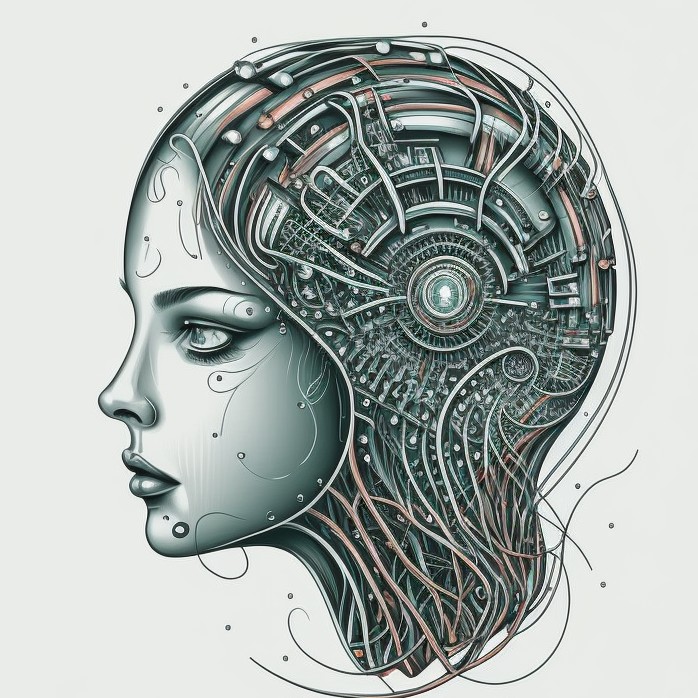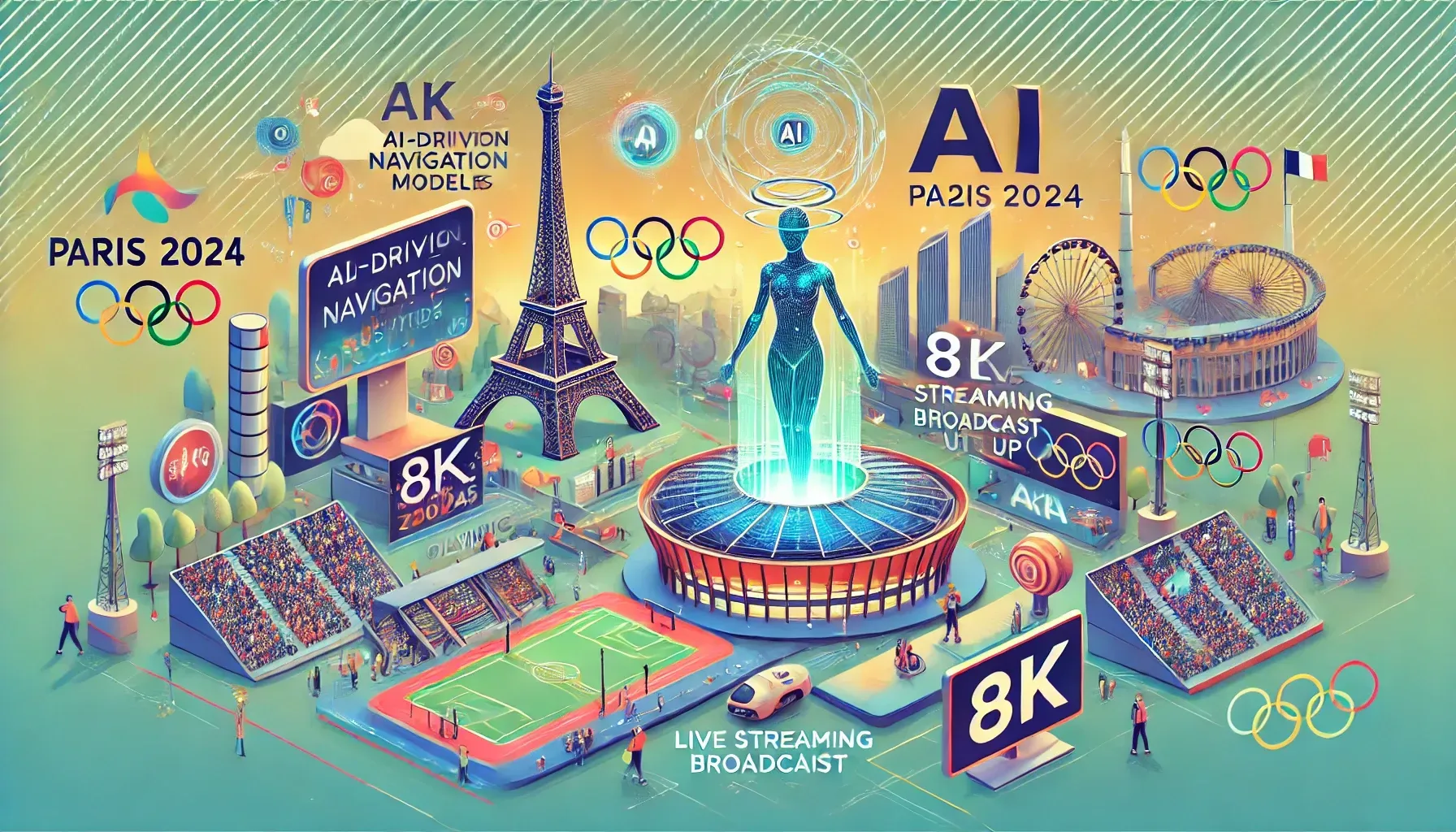ChatGPT in Healthcare: Bridging the Gap between AI and Medicine
This is a subtitle for your new post
The potential and challenges of integrating ChatGPT into healthcare are multifaceted, demanding careful consideration from medical professionals.
- Supplementing Medical Expertise: ChatGPT is a powerful tool that can support healthcare professionals in various tasks. However, it's crucial to understand that it supplements and does not replace human medical expertise. Its ability to quickly access and process vast amounts of information can aid in patient education, administrative tasks, and even assist in research and data analysis. Yet, it lacks the nuanced understanding and specialized knowledge that healthcare professionals bring to patient care.
- Tackling Misinformation: With patients increasingly using ChatGPT for medical advice, there's a heightened risk of misinformation. It's essential for healthcare professionals to be prepared to correct and clarify information that patients may obtain from AI sources, emphasizing the importance of expert medical consultation.
- Privacy and Security Considerations: The use of ChatGPT in healthcare raises significant concerns regarding data privacy and security. Ensuring that interactions with AI tools comply with data protection regulations and uphold patient confidentiality is a paramount concern.
- Ethical and Regulatory Dynamics: The rapid development of AI technologies like ChatGPT is outpacing existing regulatory frameworks. This calls for active involvement from healthcare professionals in discussions around ethical AI use, contributing to the creation of regulations that balance innovation with patient safety and privacy.
- Educational and Research Opportunities: ChatGPT can serve as a valuable resource in medical education and research. It can help with literature reviews, data analysis, and drafting research papers, though it should be seen as a support tool rather than a standalone solution.
- Real-world Insights from Healthcare Executives: Dr. Aaron Neinstein of UCSF Health highlights the transformative potential of ChatGPT in healthcare. He points out how AI can aid in administrative tasks, such as drafting appeal letters or summarizing medical information. This can significantly reduce the workload on healthcare professionals, allowing them to focus more on patient care. Neinstein emphasizes that while AI tools like ChatGPT can initiate tasks, human oversight and editing are essential to ensure accuracy and appropriateness.
- Future Prospects and Cautions: As AI continues to evolve, there's a strong likelihood of misuse and manipulation. It's crucial to use ChatGPT as a supplementary resource and verify its generated content. In the future, ChatGPT is expected to be integrated into various text editing programs, with ongoing research aiming to address issues like data manipulation and proper citation.
- Balancing Innovation with Responsibility: The incorporation of ChatGPT into healthcare is not just about leveraging its capabilities but also involves a responsibility to guide its development and usage in a direction that benefits patients and respects regulatory frameworks. As noted by healthcare professionals at UCSF, it's important to collaborate with AI developers and companies to innovate responsibly while navigating regulatory barriers like the FDA.
In conclusion, ChatGPT offers an exciting avenue for enhancing healthcare delivery, but its implementation must be approached with an awareness of its limitations, ethical concerns, and the need for human expertise. For medical professionals, embracing this technology involves not just utilizing its benefits but also actively participating in shaping its role in healthcare.
Creating effective prompts for ChatGPT, especially in the context of medical issues and diagnostics, requires careful consideration. Here are examples of good versus bad prompts to illustrate how to frame questions for the best outcomes:
Good Prompts vs Bad Prompts
- Good: "What are the common symptoms of type 2 diabetes?"
- Bad: "Do I have diabetes?"
- Good: "Can you provide a summary of the latest research on migraine treatments?"
- Bad: "Is there a cure for migraines?"
- Good: "List the differential diagnoses for chronic cough in non-smoking patients."
- Bad: "Why have I been coughing for a month?"
- Good: "Explain the mechanism of action of ACE inhibitors in hypertension management."
- Bad: "Should I take ACE inhibitors for my high blood pressure?"
- Good: "What are the standard guidelines for cholesterol management in adults?"
- Bad: "Is my cholesterol level dangerous?"
- Good: "Describe the typical clinical features of Lyme disease."
- Bad: "I found a tick on me; do I have Lyme disease?"
- Good: "Summarize the contraindications of using NSAIDs in elderly patients."
- Bad: "Can my elderly parent take ibuprofen for pain?"
- Good: "Provide an overview of the risk factors for breast cancer."
- Bad: "Do I have a high risk of getting breast cancer?"
- Good: "List the current vaccination recommendations for children under 5."
- Bad: "Which vaccines should I give my child?"
- Good: "Explain the pathophysiology of asthma."
- Bad: "Why do I wheeze when I exercise?"
Key Principles for Creating Effective Prompts
- Specificity: Good prompts are specific and seek information rather than personal diagnosis or advice.
- Educational Focus: They aim to educate and inform about medical conditions, treatments, or procedures.
- Avoid Personal Diagnosis: Avoid asking ChatGPT for personal medical diagnoses or treatment recommendations.
- Research-Based: Seek summaries or explanations of research, guidelines, or medical concepts.
- Ethical Use: Ensure prompts align with ethical use and do not attempt to replace professional medical advice.
Remember, while ChatGPT can provide information based on existing knowledge, it should not be used for personal medical advice or diagnosis. Always consult with a healthcare professional for personal health concerns.
ChatGPT Prompts Hub blog



